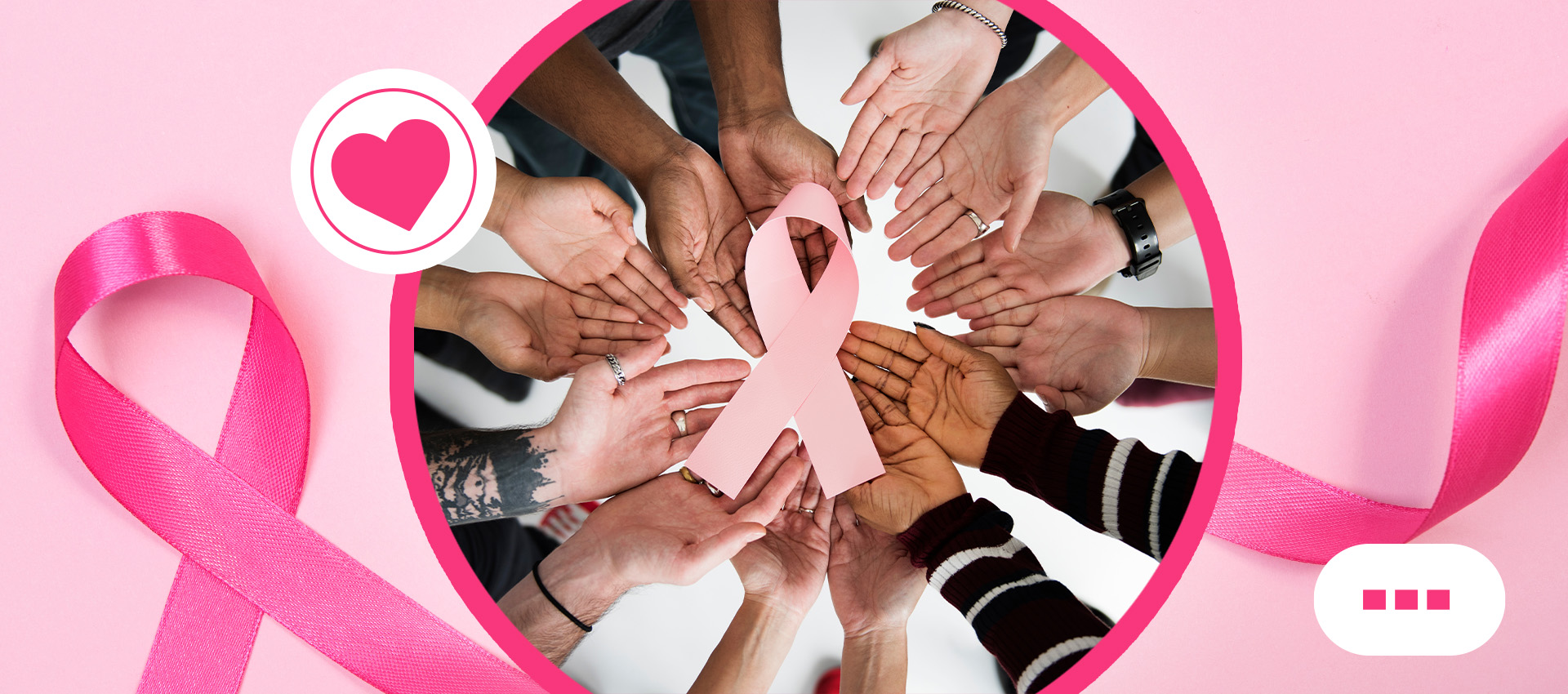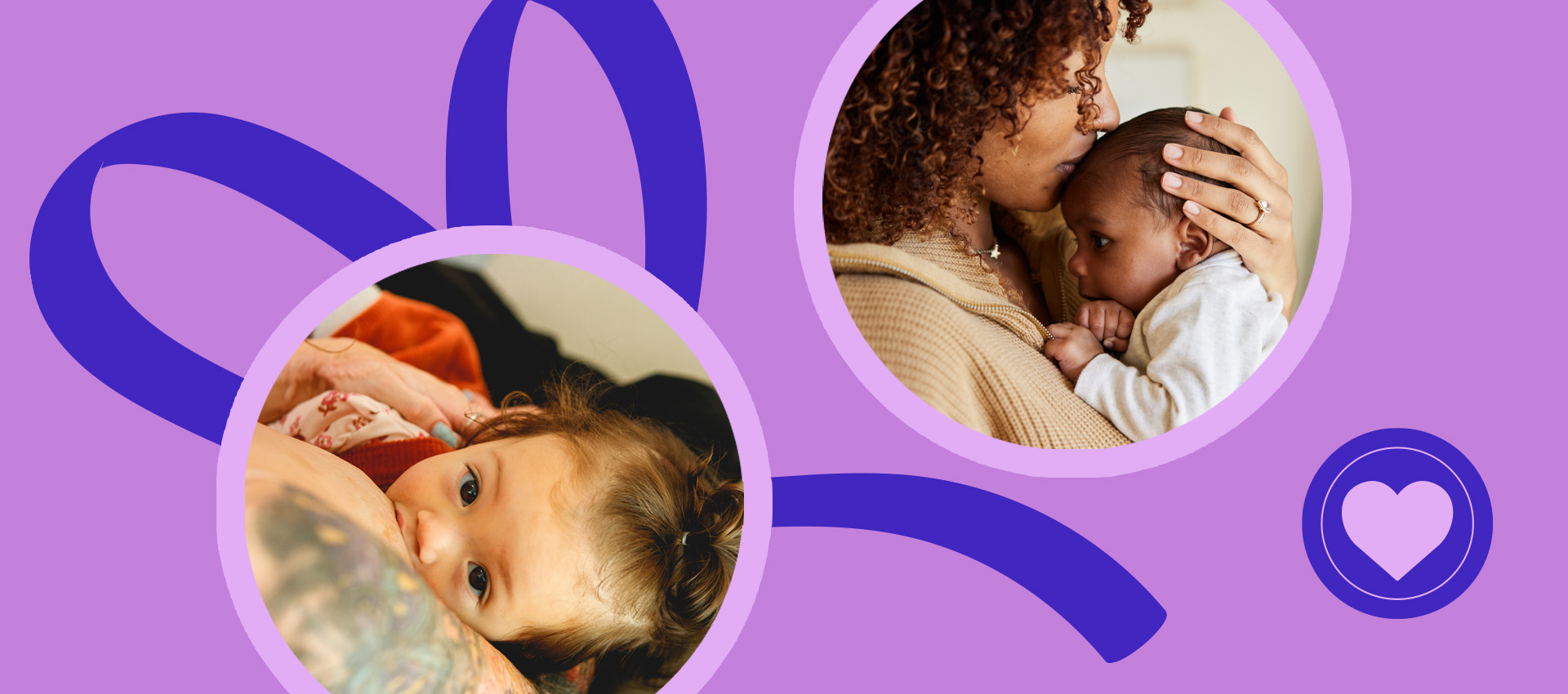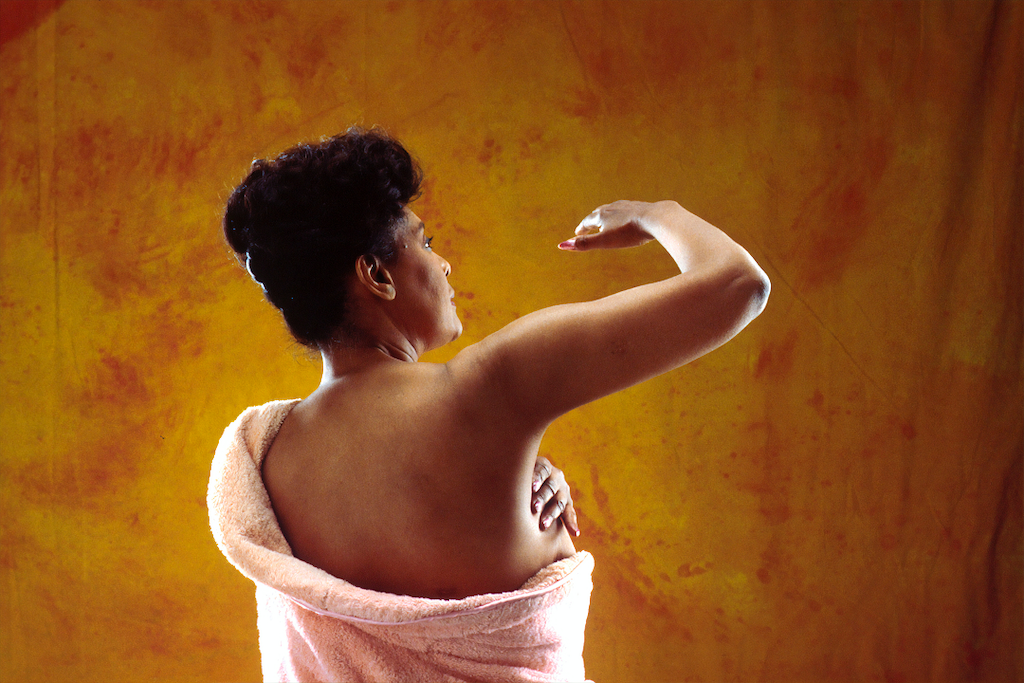In the U.S., breast cancer is the second most common cancer that affects all women of races. However, breast cancer is the most common cancer that affects African American women.
New Breast Cancer Diagnoses in 2016
- White Women – 132.7 per 100,000 persons
- African American Women – 128.2 per 100,000 persons
- Hispanic Women – 98 per 100,000 persons
In 2016, white women diagnosed with breast cancer was greater than African American women. However, this is changing. African American women diagnosed with breast cancer is increasing every year. Last year, there were about 33,840 African American women diagnosed with breast cancer. In addition, African American women are more likely to be under 40 when diagnosed.
Breast Cancer Death Rates in 2016
- White Women – 19.6 per 100,000 persons
- African American Women – 27.3 per 100,000 persons
- Hispanic Women – 13.9 per 100,000 persons
While more white women have breast cancer, deaths from breast cancer is lower for white women than African American women. In fact, deaths from breast cancer is 39% higher for African American women than white women! There are many possible causes for this. For example, African American women are more likely diagnosed at a later stage and/or with a more aggressive form.
Breast Cancer Screening Rates in 2016
- White Women – 71.8 per 100,000 persons
- African American Women – 74.3 per 100,000 persons
- Hispanic Women – 72.1 per 100,000 persons
Breast cancer screening is important for catching breast cancer early to treat. Mammograms are the most common screening method for breast cancer. The rate for screening is higher for African American women than white and Hispanic women.
Breast Cancer Disparities
Racial and ethnic disparities in breast cancer is largely unknown. Possible reasons include socioeconomic status, late stage diagnosis, genetics, and access to healthcare. As a result, more research is needed for breast cancer prevention, to improve survival rates, and to improve health outcomes for racial and ethnic minorities.
Remember, you know your body the best. If something doesn’t seem right or you have questions about breast cancer, reach out to a healthcare provider.
Take control today and find a healthcare provider near you.



